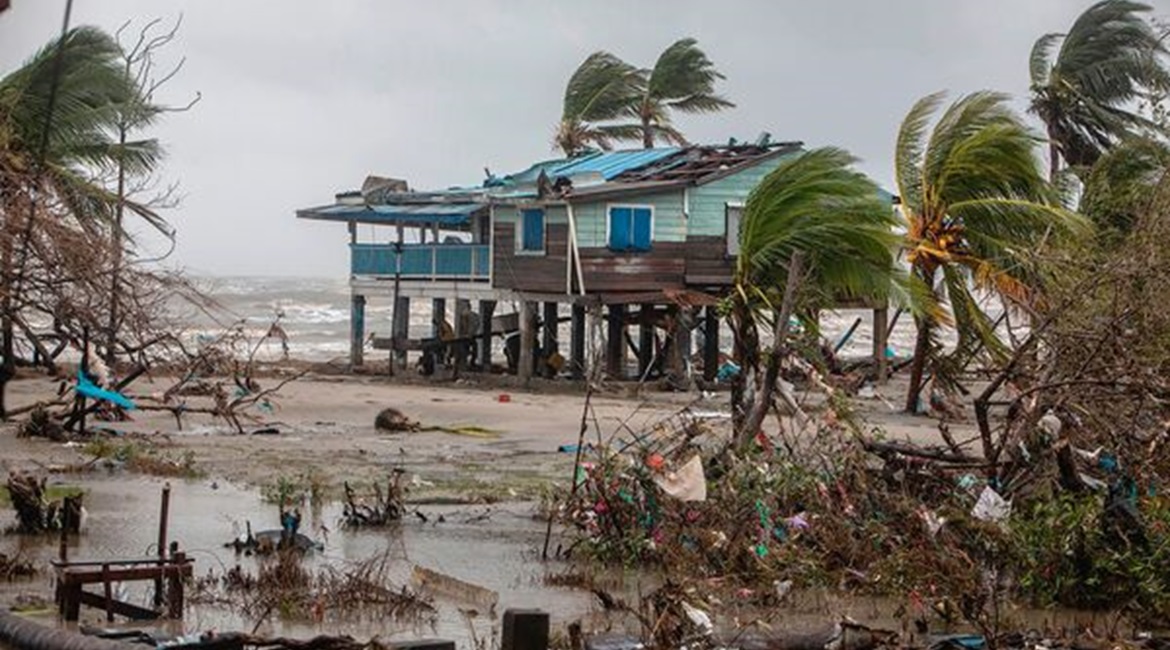
Climate change, in addition to the criminal activity of organised crime gangs (OCGs) and systemic violence in impoverished locations, continues to drive forced migration to the US and elsewhere from the Central American region. Migration from the south has dominated the political agendas of former President Donald Trump and current President Joe Biden. The issue has driven violent protests and terrorist attacks such as the August 2019 mass shooting in El Paso, Texas, in which 23 mainly Latino people were killed.
Migration continues to motivate the actions of several far-right organisations, including the Proud Boys and the Patriot Front. The emerging risks associated with ‘climate migration', which include those who are driven or forced to leave by climate disasters or the longer-term impact of climate deterioration through temperature rises, will almost certainly impact US security through protests, border security issues, and potential terrorism risks.
The security impact from large-scale migration from Central America is likely to be significant. In an October 2020 interview with CBS News, former US Secretary of Homeland Security Michael Chertoff was quoted as saying that the “dislocation caused by people's inability to live in certain areas, due to climate change and socioeconomic factors” was one of his “biggest international security concerns”. He said, “If people feel their lives are in jeopardy, there's nothing that will deter them from fleeing to safety.”

A destroyed house is pictured after the passage of Hurricane Iota in Bilwi, Nicaragua, on 17 November 2020. According to the US National Oceanic and Atmospheric Administration, 2020 was a record year for ‘named storms'. (AFP via Getty Images)
Disasters in Central America
Looking to read the full article?
Gain unlimited access to Janes news and more...




